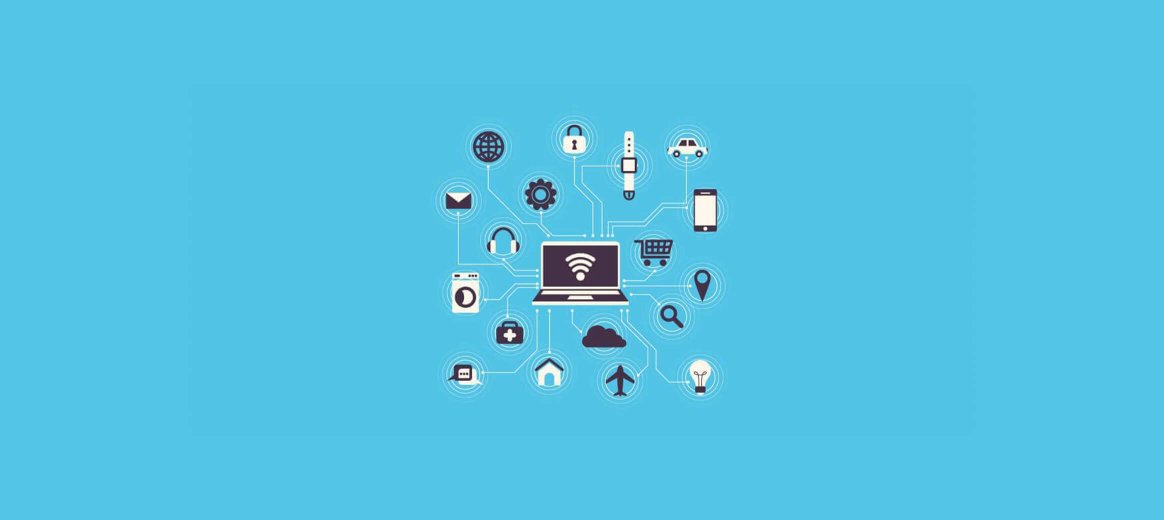The concept of the ‘Internet of Things’ (IoT) is maturing at a rapid speed in all areas of life. Finance executives are also beginning to recognize the benefits of using the Internet of Things in procurement.
Consumers have amazing IoT products available to them including smart refrigerators, smart cars, and smart bulbs. All of these products have the objective of saving the user time or money or improving efficiency.
In procurement, mobile devices are now commonly used in the procurement function to gain instant access to analytics, order data, and requisition and invoice approval.
Worldwide spending on IoT is expected to rise by almost 15 percent in 2018 to $772.5 billion from $674 billion in 2017, according to research firm IDC. IDC forecasts that spend on IoT will surpass the $1 trillion mark in 2020 and reach $1.1 trillion in 2021.
A more experimental group of procurement leaders are realizing the broader use for IoT and mobile technology. Accenture’s ‘Procurement’s Next Frontier’ report, outlines three areas where the Internet of Things can truly transform key aspects of the procurement function.
Traceability
IoT will increase the traceability of products and materials across the entire supply chain. Understanding where products or materials are at any stage throughout the supply chain can be critical to success for organizations. In many industries, tracking materials that make up a finished product could be compulsory to meet regulatory requirements.
Tom Linton (Chief Procurement and Supply Chain Officer at Flextronics,) states his belief in the power and progression of the Industrial Internet of Things commenting “transparent supply chains [are] something that you cannot stop. They’re going to happen, and they’re going to happen all the way down to source-level control.”
Analytics
Analyzing data is vital to the success of any organization as it offers an opportunity to generate insights which will lead to better decision making. The Internet of Things offers organizations access to more rich data than ever more, which facilitates even better decision making.
BHP Billiton is leveraging the Internet of Things to increase the efficiency of their procurement process. They have deployed sensors and tracking devices on their delivery trucks with the goal of flagging when a truck may break down or have a failure before it actually happens. These sensors offer real-time information on the condition and need for repair of each truck. IoT presents an opportunity for procurement professionals to improve spend visibility and better understand their supply and equipment usage.
Challenging Existing Process
Now that procurement teams have access to this larger pool of rich data, they need to extract relevant trends and findings to make improvements. The major area in procurement where organizations can uncover operational efficiencies and financial savings is within the procurement process itself.
On a basic level, the Internet of Things can be used to automate tasks which frees up time of employees. In Accenture’s report, Chris Toomey of BASF Corporation provides another use for the Internet of Things. He describes a situation where a truck carrying hazardous chemicals overturns on a highway. IOT immediately triggers alarms to alert the police and crisis-management officials which results in quicker response times and in a situation like this minimizes harm to people and the environment.
Technological advancements like IoT have a number of benefits but unfortunately, a number of procurement teams don’t have the talent that they need to operate the technology and capitalize on the benefits.
Deloitte’s recent Global Chief Procurement Officer Survey 2018 found that 51% of procurement leaders do not believe that they have the capability in their teams to deliver their procurement strategy. In order to realize the true potential of IoT, procurement leaders need to shift their approach to hiring and retaining new talent to focus on digital skills.
Conclusion
The benefits of the Internet of Things in Procurement will be unlocked through big data. Data and analytics are key factors to any business strategy and IoT will improve the volume and quality of the data available. Organizations that can process large amounts of data will generate deep insights and experience the greatest benefits.


